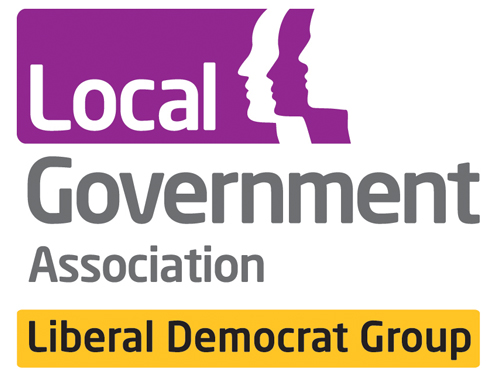
In advance of the a Parliamentary Bill on Live Music, Kingston Liberal Democrat Councillor Jon Tolley writes:
“I’m a councillor in Kingston upon Thames, but my route into politics was through music and gig venues and, moreover, protecting them. As a concert promoter in Kingston, putting on 200 gigs a year in various venues, there’s a lot of factors which make life hard. Of course there’s market-led ones, the wider economic climate, and changing consumer behaviour, but one problem that never goes away is “noise complaints” and issues around “anti-social behaviour”.
“Of course, no-one will ever advocate unnecessary nuisance, causing misery to others. I’m well aware if your baby wakes up at midnight, that’s the whole household awake. But as we’re all living on top of each other more and more, it is ever increasingly challenging running a music venue or club without affecting your immediate and local neighbourhood.
“There’s been countless cases recently of venues being closed down due to noise complaints. One club I worked in had to spend tens of thousands of pounds on sound proofing so that noise couldn’t filter through to the next-door pub. Touring bands requiring sound levels of 110db when the local authority says 65db at the front door. Nightclubs since the smoking ban needing punters on a night out to be able to go outside. People buying a place next to a gig venue, but then complaining that the gig venue makes the sound of a kick drum during sound check every evening.
“The obvious reaction is to say, ‘Well what did you think would happen, if you moved next to a gig venue?’ But as noise complaints became legal cases we increasingly saw that logic didn’t actually have backing under the law. The agent of change principle, currently going through legislative programme in The Commons seeks to address this, and make common sense into law. For future developments, it will be the developer who should shoulder responsibility to ensure residents aren’t inconvenienced by gig venues, what they do and how they do it.
“And this is utterly important. In nearly every case I see, it’s rarely the “business model” which puts the venue out of business. It’s the increasing rent, it’s the strict licensing conditions and it has recently been an inability to meet the necessary requirements for local residents. The smaller, independent venues rarely have the money to fight a legal challenge, and fade away amidst a Facebook campaign to ‘save our venue’.
“Such venues are the lifeblood of the community. The local geographical community, yes, but also the life-affirming ties made in the music community. Musicians need a space to cut their teeth, to experience creating and performing art away from a pre-fab top-down norm. People need to be able to make mistakes, to make a racket, to try and innovate. Every now and again there’s a next big thing who played your local pub a few months back, but it’s as much about little Julie’s school band as Kemal’s latest DJ set.
“As the agent of change becomes accepted into planning law, the next challenge is to get developers of new projects to understand the importance of performance spaces. Sometimes it can be for music, sometimes art, sometimes a meeting room, but a space to escape from the city centre boxes we live and die in. Such spaces are as important as “play space”. No-one should stop playing just cos they’re an adult!
“One of the big proposed developments in Kingston right now, Salmon Harvester’s Surrey House, risks the further reduction of cultural space, specifically The Hippodrome. The venue has been a mainstay of the town’s nightlife over the past 20 years, hosting the likes of Ed Sheeran, Craig David and The Charlatans. Active, positive conversations are being had to show the developers and the council what is being threatened by another venue being at risk. Only once people understand the function of the venue can people value it, and then can they create plans to encourage it.
“There WILL be the local venue, the community group or independent group who will be nearby. The entire plan needn’t have to come from the drawing board. But it’s developers’ responsibility to facilitate the vision of others, and that’s the way for all parties to benefit from the ‘good growth’ that towns and cities across the UK need so much.”